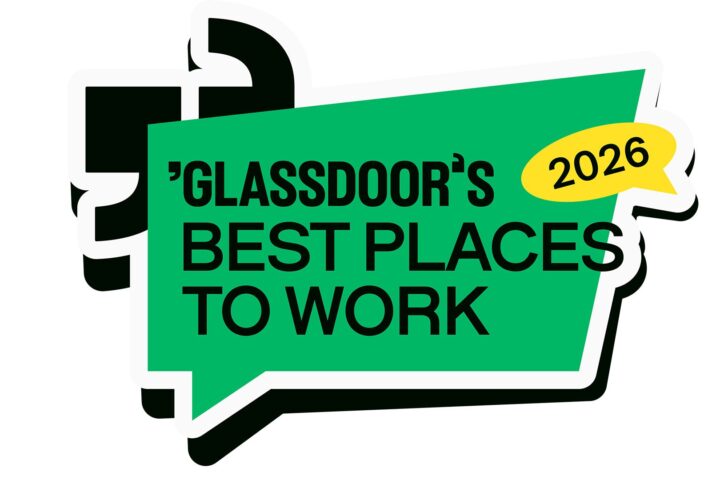Research commissioned for the Health at Work Report by employee wellbeing consultancy PAM Group has found that almost three quarters (73%) of employees are experiencing financial worries, while seven in ten (72%) have struggled with fatigue or burnout. One in four (25%) said their work had undermined their health or made them sick.
The impact of these pressures is widespread, with nearly half of workers (44%) reporting difficulty sleeping and one in three experiencing problems with concentration and motivation. Almost one in four business owners (23%) have even considered quitting their roles.
David Umpleby, managing director, PAM Wellness, said: “The year’s Health at Work Report shows people are continuing to struggle, with employees experiencing significantly more stress, anxiety and financial worries than when we last ran the report four years ago.
“Despite these challenges, employers have the power to make a difference. Employees who are given help to stay healthy by their employer are twice as likely to take no sick leave and eight times more likely to say they feel very or extremely productive. Almost two-thirds of workers say wellbeing support makes them less likely to want to work elsewhere.”
The research found that employees of all ages view a healthy work-life balance and supportive managers as key to staying healthy at work.
Demand for mental health counselling has risen faster than any other wellbeing benefit, becoming the most valued tool after flexible working arrangements.
However, many employees continue to struggle to access support. “It’s unsurprising that more than one in two people want access to mental health counselling, making this the second most valued wellbeing tool after flexible working,” said Umpleby. “However, it’s deeply concerning that just 22% of people have access to mental health counselling and just 11% were able to utilise this in the past year.”
Nicola Jagielski, clinical director for PAM Wellness, added: “We’re also seeing some interesting generational divides, with employees aged over fifty-five not only more likely to be utilising talking therapies, such as counselling, employee assistance programmes and private GPs than younger workers, but also more likely to prioritise a healthy work-life balance and supportive manager.
“As a result, they’re experiencing the lowest stress and anxiety levels, but also the least financial worries, which will also be having a positive impact on their overall wellbeing.”
The report also issued five key recommendations for employers, including encouraging open conversations to identify underlying challenges, conducting workplace needs assessments, implementing reasonable adjustments and assistive technology, and offering neurodiversity awareness training.
Jagielski concluded: “With record numbers of employees leaving the workforce due to mental health issues, it’s vital employers make sure employees know how to access support and make them feel safe using this. One in ten employees know support exists but find it hard to access.”















